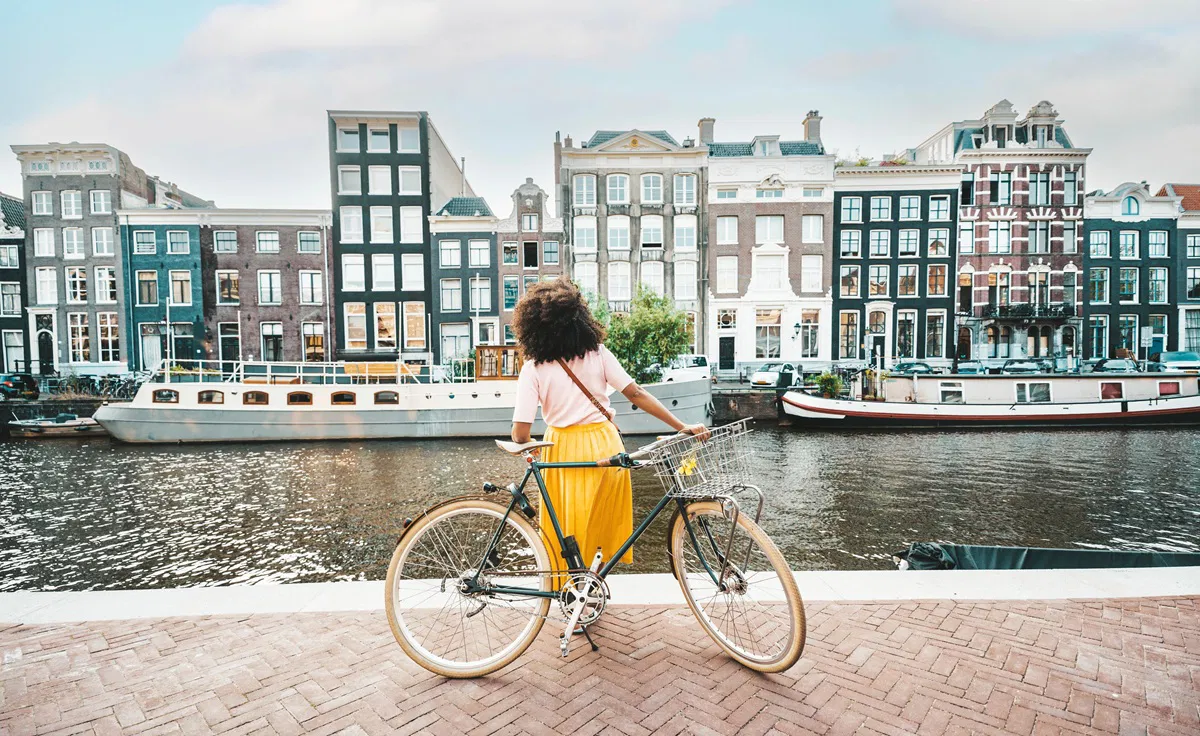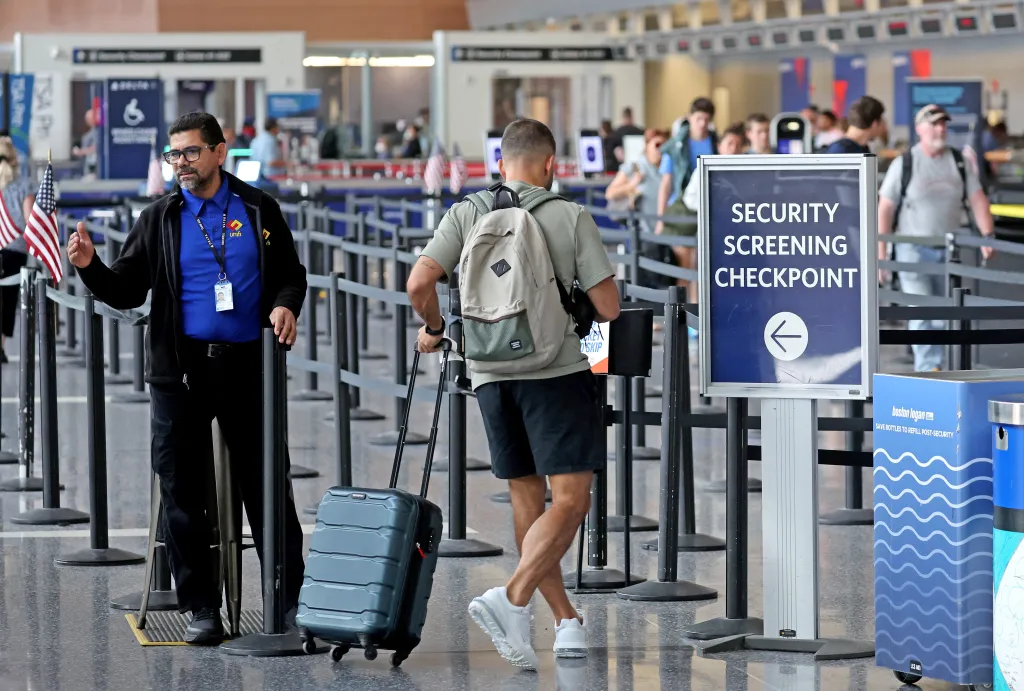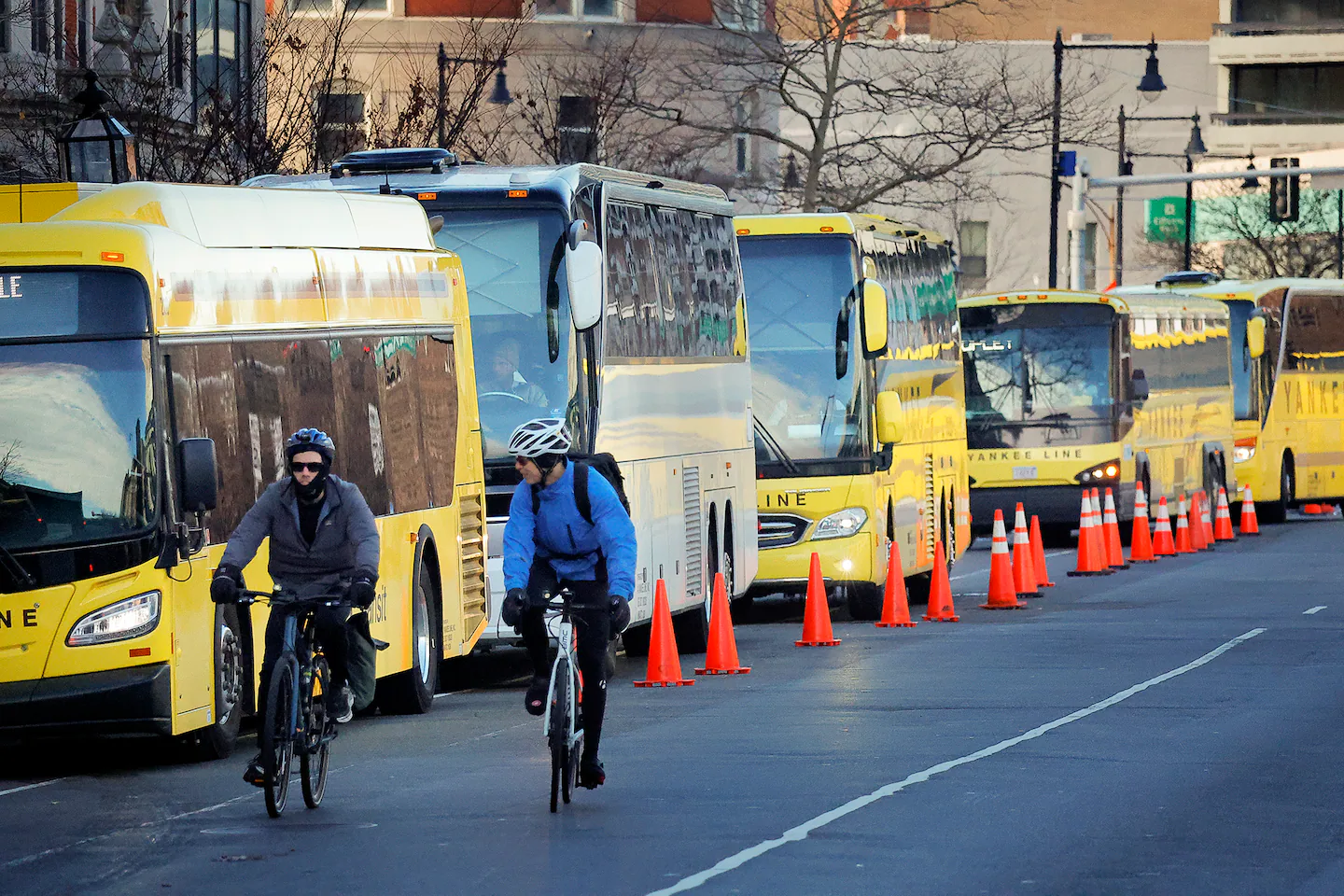Copyright euroweeklynews

Europe has once again proven to be one of the safest regions in the world, but not without a shake-up at the top. A new travel safety report for 2026 shows that the Netherlands has stolen the crown from Iceland, which had previously been ranked as the safest destination for global travellers. The findings come from Berkshire Hathaway Travel Protection, which combined data from the Global Peace Index, Numbeo, and GeoSure Global with a large-scale survey of American tourists who’ve visited these countries over the past five years. The results highlight a clear trend – Europe continues to set the standard for safety and stability, even as parts of the world face growing uncertainty. The Netherlands takes the crown This year’s winner, The Netherlands, came out on top thanks to its strong performance across nearly every measure of safety, from public order and healthcare to social inclusivity and traveller experience. American tourists praised the country as particularly safe for women, LGBTQIA+ travellers and people of colour, pointing to its progressive culture and well-organised cities. Still, the report adds one tongue-in-cheek warning for visitors: watch out for the cyclists. With bike lanes crisscrossing almost every Dutch city, newcomers are often caught off guard by how fast locals zip past on their e-bikes. “Young bikers’ affinity for high-speed, mini-bike-like e-bikes adds another element of danger,” the report notes. Australia claimed second place on the list, followed by Austria, Iceland and Canada rounding out the top five. Europe shines – taking half of the world’s top 10 Europe’s dominance in the rankings is impossible to ignore. Of the ten safest countries in the world, five are in Europe, and the continent occupies ten of the top fifteen spots overall. Here’s how the top 15 safest countries for travellers in 2026 rank: Netherlands New Zealand United Arab Emirates Switzerland United Kingdom Travel analysts say Europe’s continued success comes down to its political stability, strong healthcare systems, and relatively low violent crime rates, even amid global tensions and natural disasters elsewhere. The report also reflects how travellers’ perceptions of safety are shifting. For many Americans, European destinations offer a comforting sense of order and reliability, particularly compared to some long-haul or more volatile regions. Iceland drops from first place after volcanic chaos For Iceland, last year’s champion, the slip to fourth place wasn’t about crime or political unrest — it was about volcanoes. Multiple eruptions from the Sundhnúksgígar fissure sent dramatic plumes of smoke into the air earlier this year, forcing evacuations near the town of Grindavik and briefly closing the Blue Lagoon, one of the country’s most famous attractions. “Eruptions always carry the potential for disruption, but they’re particularly problematic in Iceland, where lava flows often affect the one main road that circles the country,” the report explained. Despite the volcanic turbulence, Iceland’s appeal hasn’t faded. It still drew 1.8 million international tourists in the first nine months of 2025 and could be on track for a record-breaking year. The UK slips, with experts warning of petty theft and cybercrime The United Kingdom, meanwhile, dropped one place from 13th to 14th this year. Survey participants still described the country as safe overall – especially when compared to major US cities – but they pointed out concerns over petty crime, particularly theft in busy tourist areas. Experts also reminded travellers to be cautious about cybercrime, advising them to avoid public Wi-Fi networks and ensure online purchases are made through secure websites. “While London remains one of the safer large cities globally, even minor crimes like pickpocketing can leave visitors feeling shaken,” the report warns. Safety can shift overnight Perhaps the most important takeaway from the Berkshire Hathaway Travel Protection study is that safety rankings can change quickly. The organisation stresses that its findings reflect ‘a moment in time’ – not a permanent guarantee. “We’ve seen wildfires devastate Australia and volcanoes disrupt Iceland right after both were named among the world’s safest destinations,” the report says. “Even the most peaceful countries can face sudden, unpredictable risks.” In other words, no destination is completely risk-free. Experts recommend travellers stay informed, carry proper insurance, and stay alert wherever they go. So while Europe may still be the world’s safest playground for travellers, the message is clear: the smartest trip is the one where you stay prepared.



